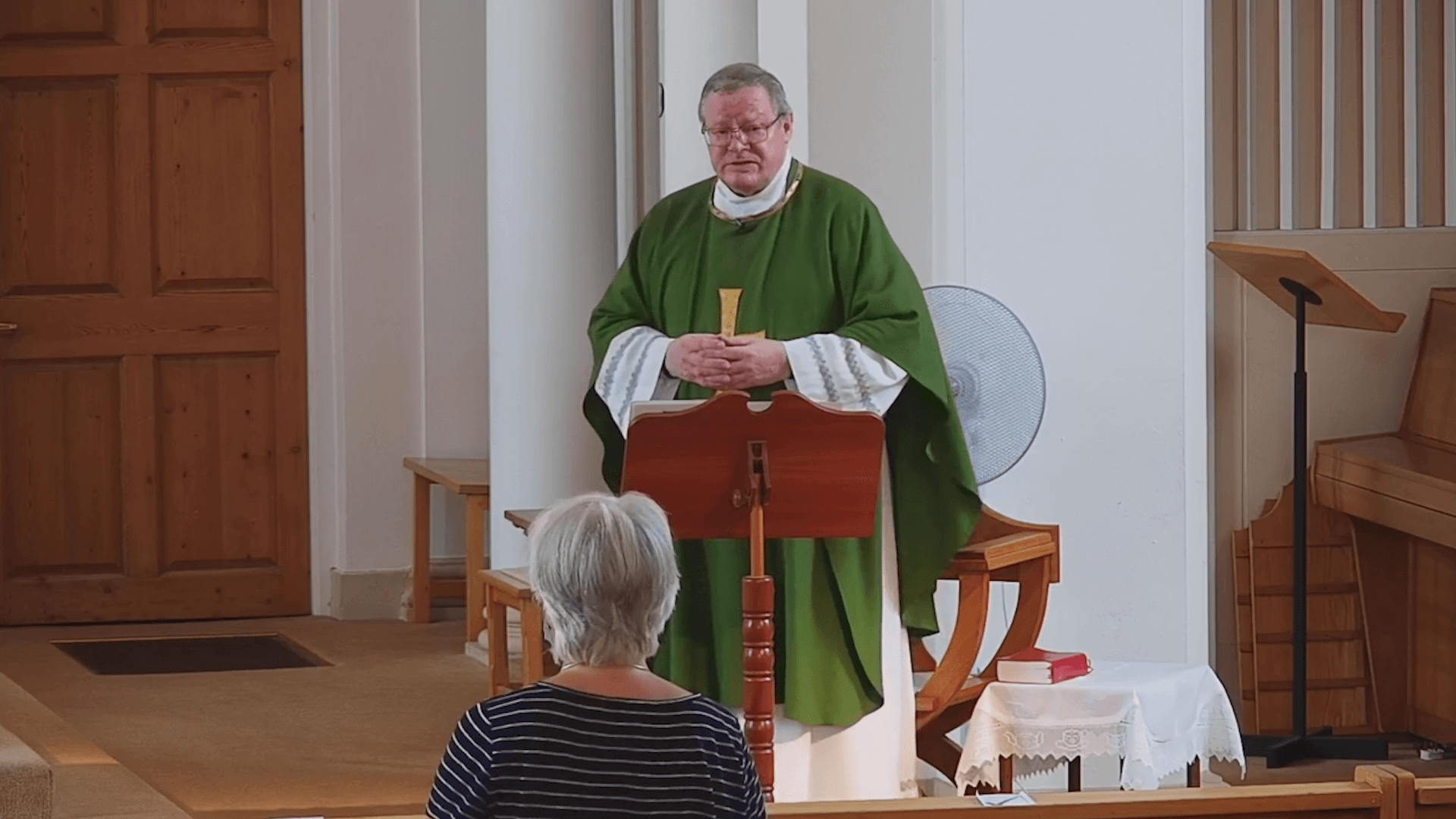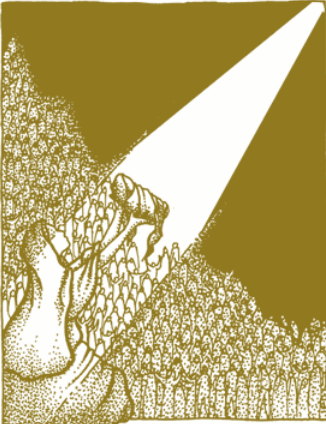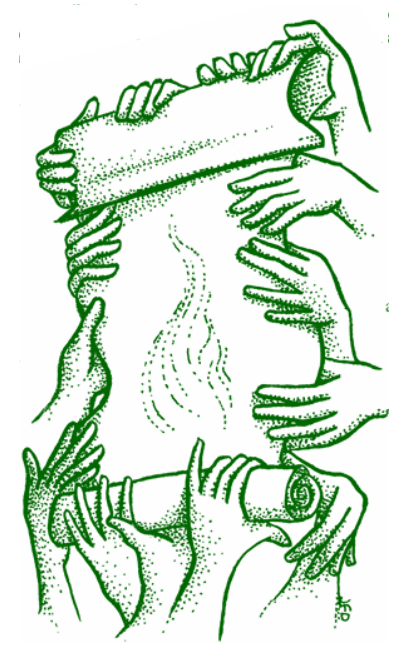










“Look, I just want to say this for your own good . . .” Do these or similar words press the ‘BEWARE’ button for us? The answer probably depends on those speaking and the tone in which they speak. If we recognise the speakers as people of good heart and great integrity, we will be willing to listen to constructive criticism; if we sense destructive superiority and self-righteousness in their words, we do not want them as our teachers. What Jesus teaches, he lives, and in this weekend’s continuation of the Sermon on the Plain he is the wisdom teacher who voices his expectation of this same integrity in his disciples. If we are blind to our own shortcomings, yet judgemental about those of our brothers and sisters, we have no right to guide them with our advice; we will only succeed in dragging them down into the metaphorical ‘ditch’ rather than helping them out of their difficulties. The Church, the community of disciples, can contain such blind guides and ditches, as both Luke and we ourselves know.
The good teacher, the wise parent, often makes a point by exaggeration, as does Jesus in some of his parables, including the mini-parables in this reading. To have a wooden plank in our own eye does not make us a very efficient splint-remover for someone else’s eye. Smug superiority distorts our vision of ourselves and our neighbour. Some of us would have no trouble winning a black belt for innuendo and faint praise, so quick are we on the offensive against others, and even faster on the defensive about ourselves.
Using the familiar biblical image of a tree whose quality is judged by the good or bad fruit it produces, Jesus teaches his listeners that the quality of people is judged by their actions. There is more involved here than ‘spiritual eye surgery’ to get rid of the judgmental plank that blinds us. It is a matter of the biblical heart, that deepest personal reality, the storehouse of our dreams and desires. Good will be drawn from the good-hearted person, evil from the heart that is morally diseased. One of the surest indicators of good or bad people is their words: words that are honest and match their deeds, as did Jesus’ words, or words that are sadly hypocritical script for play acting.
The mass media and politicians are a source of many words in contemporary society. The ‘doublespeak’ we get so much of is dishonest and dangerous. We need the wisdom and discernment of which Jesus speaks. Recent events offer many examples of ‘doublespeak’ that may be so familiar to our ears that our hearts no longer have a Christian reaction. ‘The final solution’ meant the genocide of six million Jews; a prison’s ‘management unit’ is the solitary confinement block, ‘collateral damage’ in a war means the killing of innocent civilians, a ‘work meeting’ is a party. We need to take the pulse of our newspapers, TV, and governments to make a Christian diagnosis of such language and its reporters.









